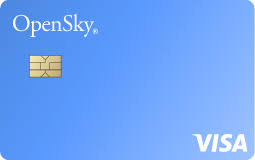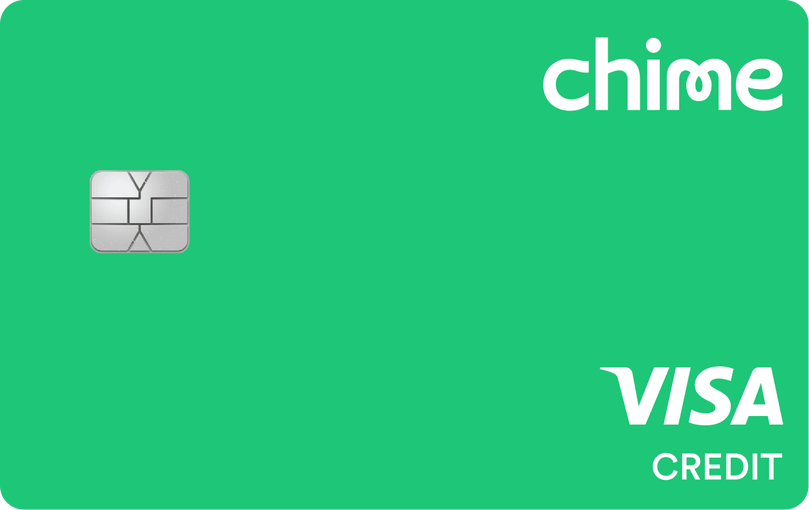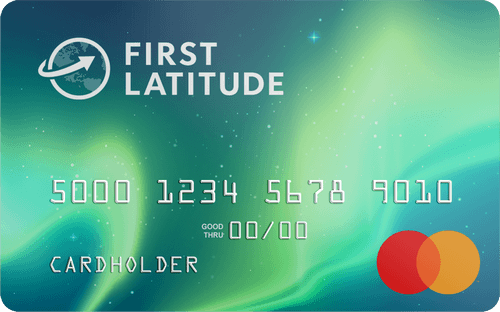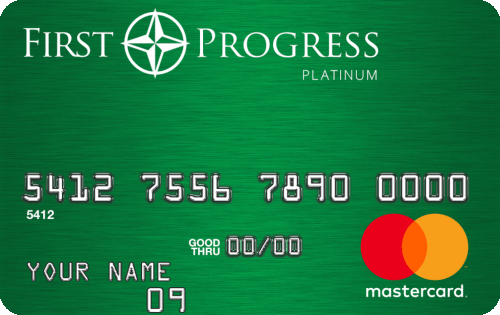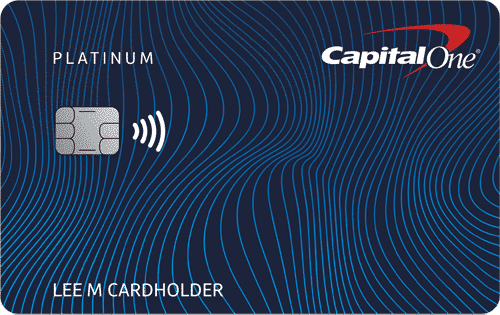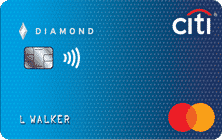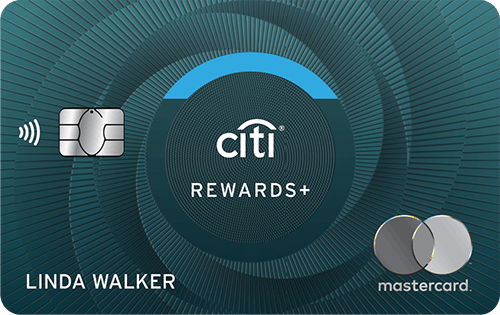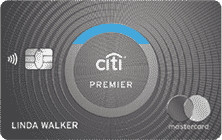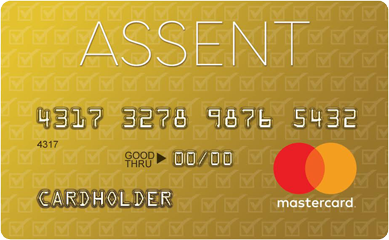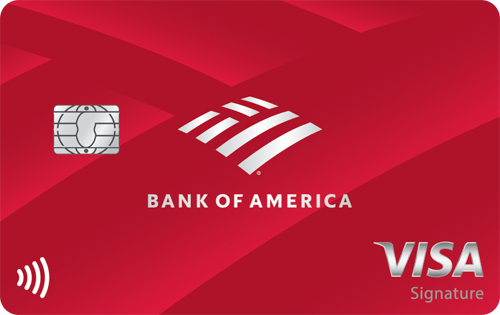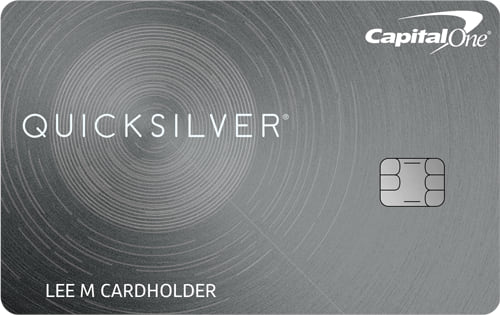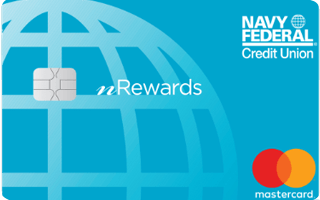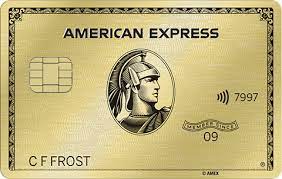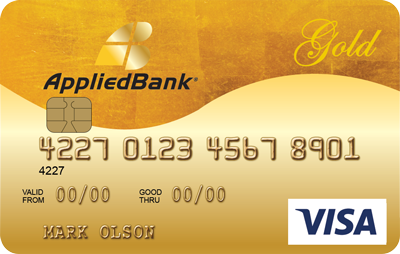The Best Secured Credit Cards for April 2024
Important
As seen in




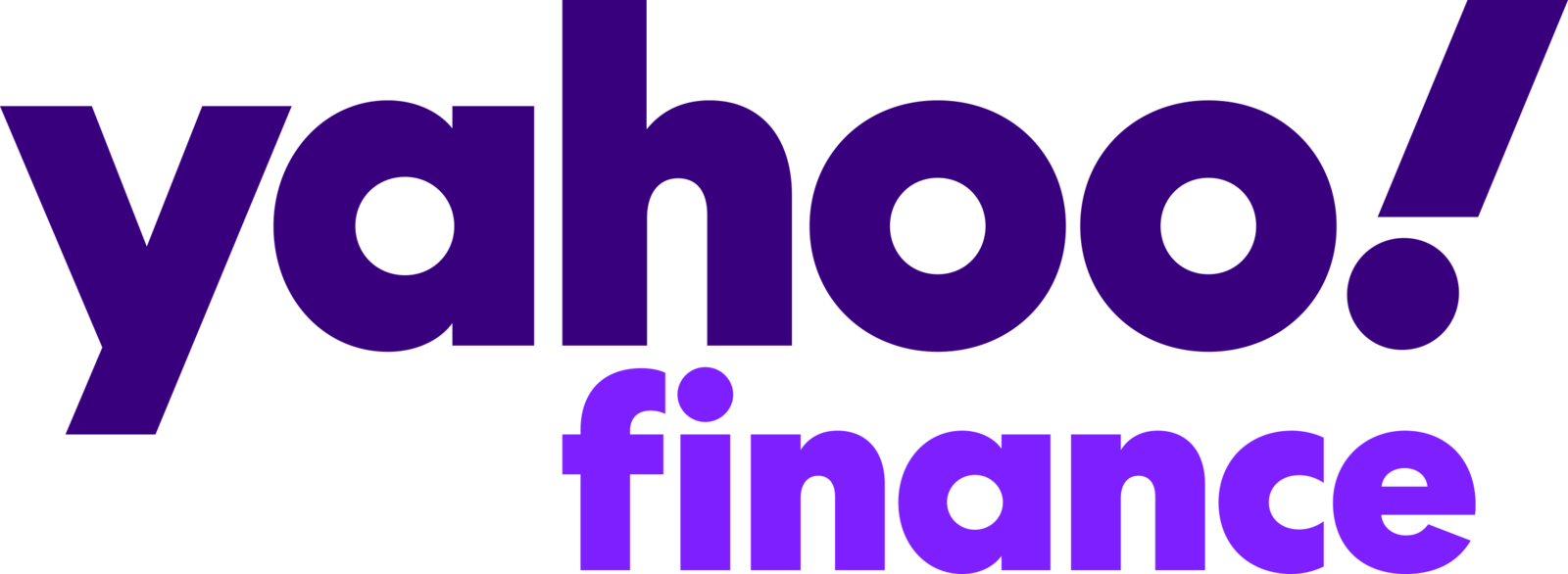

How to Find the Best Secured Credit Card
Save money by comparing with us first
Review the best credit cards from leading banks
Filter the results based on your own criteria
Find the best credit card for your needs
Click Get Started to fill in your credit card application
What Is a Secured Credit Card?
A secured credit card is a type of credit card that requires a cash deposit from the cardholder as security.
This deposit serves as security on the card account, providing the issuer with collateral in the event that the cardholder can’t make payments.
A secured credit card is backed by a cash deposit that serves as security for the issues if the cardholder defaults on card payments.
Secured credit cards are often issued to people with a bad credit history, or with no credit history (also called thin-file borrowers).
How a Secured Credit Card Works
Most credit cards are unsecured; there is no security for the money owed to the credit card company. This is also one of the reasons why credit card interest rates are so high – unsecured debt is always more expensive.
A secured credit card is like a driver’s permit which allows you to first master navigating the credit card universe. This prepares you to advance to the next level or license of obtaining an unsecured credit card.
Unlike a debit card, your secured credit card shares your activity, such as your monthly payment history and balances, with the major credit bureaus.
With sustained favorable reports from a secured credit card, you may be able to upgrade to an unsecured credit card, which doesn’t require a deposit.
There are some cases where the deposit is saved in an interest-earning account, but this shouldn’t weigh heavily in choosing the best secured credit card for you.
How Much Do You Need to Deposit?
This often depends on the card issuer, so here are some examples:
- The Citi® Secured MasterCard® requires a deposit of $200 – $2,500.
- Capital One Secured MasterCard® requires a $200 minimum deposit.
Don’t fret if you can’t afford these deposits. There are some secured credit cards for bad credit that allow you to pay the deposit in installments.
Depending on your financial situation, these deposit requirements will determine which card would be best for your situation.
Why Compare Credit Cards with Financer.com
More On Our Best Secured Credit Cards
OpenSky® Secured Visa® Credit Card: No Credit Check
The OpenSky® Secured Visa® Credit Card requires no credit check and has a low annual fee of $35. It has a variable APR of 21.64% and requires a security deposit of $200.
It's a great option for consumers with a low credit score.
Chime Credit Builder Secured Visa® Credit Card: No Security Deposit Needed
The Chime Credit Builder Secured Visa® Credit Card requires no security deposit to apply. There are no interest or annual fees and you can withdraw cash from more than 60,000 ATMs.
One of the best options for people without a credit history.
First Latitude Platinum Mastercard® Secured Credit Card: Cashback
The First Latitude Platinum Mastercard® Secured Credit Card has a variable APR of 23.74% with only a $100 security deposit required. You don't need any credit history and you get a 1% cash-back bonus.
First Progress Platinum Elite Mastercard® Secured Credit Card: Credit Score Access
The First Progress Platinum Elite Mastercard® Secured Credit Card gives you real-time access to your credit score and reports to all three credit bureaus.
The card requires no credit check and has a $29 annual fee. This is a great option if you need to monitor your credit score regularly.
Secured Credit Card Terms
Apart from the required deposit, the best secured credit cards for bad credit work in the same way as regular (unsecured) credit cards.
They are issued by leading credit card companies like Visa, MasterCard, and Discover. As a cardholder you can use the card anywhere the brand is accepted and may be eligible for rewards and other perks.
You will receive a monthly credit card statement showing your balance and you are required to pay at least the minimum balance.
Note: As with other credit cards, secured credit cards may also have annual credit card fees, monthly maintenance fees and balance inquiry fees.
The APRs of secured cards are often quite high – as much as 20% – but still in line with the national average of just over 20% as of January 2021.
On the other hand, if you are a candidate for a secured credit card, your credit score is probably not very strong so you wouldn’t qualify for great rates anyway.
How to Get a Secured Credit Card
Approval will often depend on criteria other than the deposit. For instance, Capital One requires applicants to have a functioning bank account.
They generally don’t check your credit score and do not require a bank account.
Rates and fees
As secured credit cards often offer higher interest rates, review the card’s annual percentage rate (APR), annual fee and any miscellaneous fees carefully.
Cardholder benefits
Compare the benefits various secured cards offer.
Deposit requirements
Although the deposit amount will vary, many secured credit cards require a minimum deposit of $200 and some allow you to make deposits of up to $2,500.
Additional options
When you apply for a secured card, look for a lender that also issues traditional, unsecured credit cards. This will make it easier for you to transition to an unsecured card when you are ready.
The Pros and Cons of Secured Credit Cards
Pros
- Can help you build credit
- Easier to get approved
- Your deposit is refundable
- Payments reported to credit bureaus
- You can earn rewards
Cons
- They may have an annual fee
- Higher APR than an unsecured card
- Requires a deposit
- Lowered credit score with missed payments
Why Do Many Secured Cards Have Higher APR Than Unsecured Cards?
The issuer views a customer who is not creditworthy as high risk, and because of this risk, they must pay a premium in the form of a higher Annual Percentage Rate (APR).
The best way to deal with this setback is to keep your utilization ratio low.
For instance, if your card has a $1,000 limit, you should keep your credit balance lower than $300. This ensures you are below the 30% utilization mark.
Emergencies do occur of course, so you may be pressed into exceeding this limit. To be safe, pick a card with the lowest interest rate and APR possible.
How to Use Your Secured Credit Card
Once your secured credit card has arrived, you will want to begin building good credit. Remember these tips to ensure your best path to good credit.
Use it for small purchases
Try to avoid using your credit card for larger purchases and take interest rates into account.
Pay the total off immediately
Try to pay the total off as soon as possible to avoid additional fees and interest payments.
Never miss a minimum payment
Always pay at least the minimum due amount on your credit card.
Set payment alerts
This can help you to be alerted when your credit card is used.
Enroll in auto-pay
An easy way to pay your credit card by having the card company debit a payment from your bank account on a set day each month.
What Customers Say About Us
4.60 based on 324 reviews
from Reviews.io
Compare Secured Cards with Financer.com
Financer.com helps you compare the best secured credit cards and get the lowest rates from leading U.S. lenders.
We look for lenders that offer full transparency and have a long track record of successful lending and satisfied customers. We are always improving our comparisons, but are confident in what we can bring to market, and we know you will be as well.
Use our free credit card comparison to find the right credit card for your needs.
Secured Credit Cards - FAQs
What are the benefits of a secured credit card?
It allows people with a poor credit history to rebuilt their credit. It’s also good for people without a credit history to start somewhere.
What is credit card autopay?
Credit card autopay is an easy way to make payments on your credit card every month by having the card company to debit a payment from your bank account on a set date each month.
Autopay is offered by all major credit card companies such as Capital One, Discover, Chase, American Express, and more.
What is a semi-secured credit card?
A semi-secured credit card requires the card holder to make a deposit before the they issue credit. However, the credit limit granted may exceed the deposit made, unlike a secured credit card.
Do secured cards actually build credit?
If lenders report your monthly payment history to the main credit bureaus, secured credit cards can help you build your credit score.
What are 2 downsides of getting a secured credit card?
Secured credit cards may come with high annual fees and may have high interest rates for people with low credit scores. Some secured credit cards also start with very low credit limits.
How quickly will a secured card build credit?
Secured credit cards can start building credit as soon as the first month for people with no credit history. However, if you have a bad credit history, it may take up to 12 months or more to build a fair to good credit history.
Who qualifies for a secured credit card?
People with poor credit or no credit history can qualify for a secured credit card.
Read More About Credit Cards
What Credit Cards Use TransUnion?
When you're looking into "which credit cards use TransUnion," it's likely that you're attempting to tailor your credit card applications based on your TransUnion credit
January 28, 2024 16 min read
2023 Consumer & Credit Card Debt Statistics – Interactive Report
March 25, 2024 19 min read
How To Build Credit with a Credit Card: The Ultimate Guide
Building credit from scratch or rebuilding bad credit can seem like a daunting task. However, if you develop good credit habits, you will find the ...
December 26, 2023 14 min read
How To Stop Automatic Payments to Your Credit Card and Save Big
December 26, 2023 6 min read
What Is a Credit Utilization Rate?
Credit utilization is an important concept that is often overlooked when it comes to credit health. It is a measure of how much new credit you ...
January 19, 2024 4 min read



